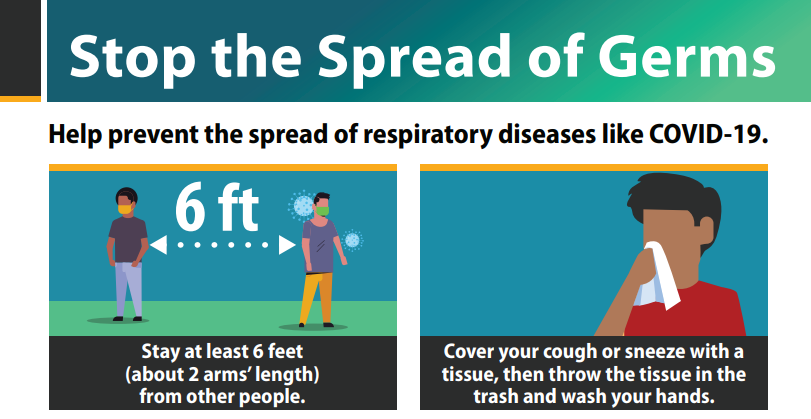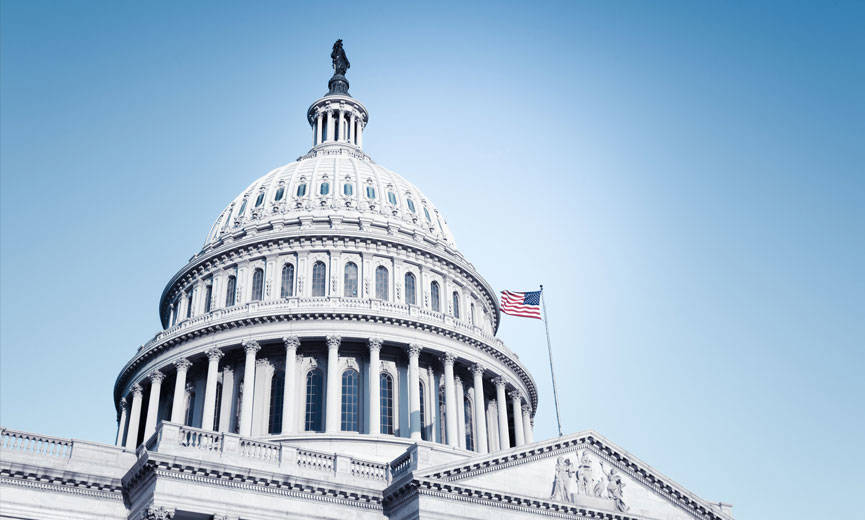
CAI-NJ Conference and Expo – Refreshing Insurance
1. Cultivate a Relationship with the Association’s Insurance Representative
Insurance representatives make their living selling insurance and maintaining accounts. They are professionals and should be a part of the Association’s professional services team. Association boards should be familiar with their insurance representatives and use them as a resource. Too often, board members do not even know who their Association’s insurance representative is until a problem arises.
2. Read the Policy:
In Aden v. Fortsh, 169 N.J. 64 (2001), New Jersey’s Supreme Court ‘[R]eaffirm[ed] New Jersey’s longstanding tradition of holding professionals [an insurance broker] to high standards of care’. The court rejected the insurance broker’s claim that the condominium unit owner should bear a portion of the blame for inadequate coverage because he never read his insurance policy.
Nevertheless, policyholders should read their policies. Insureds should know what they are getting for their money and who will pay what in case of a claim. Further, not only did the Aden case work its way all the way to the New Jersey Supreme Court, it also resulted in a 4 to 3 split decision among the justices suggesting that a change in the Court’s makeup could result in a different outcome.
3. Pay the Premiums:
Sounds obvious right But on multiple occasions Associations have failed to timely pay their premiums.
4. Obtain Adequate Coverage:
Beware ‘Coinsurance’. Coinsurance seeks to compel Associations to buy sufficient coverage and pay sufficient premiums but may lead to insufficient coverage even when the value of the loss is within the Association’s policy limits.
Although coinsurance provisions may differ, the following is an example:
A policy may provide that, if the amount of coverage is not equal to at least 80% of the value of the covered property at the time of loss, a co-insurance penalty will apply.
If the Association had $8,000,000 in insurance on its building (the ‘Covered Property’) and the Association had a fire causing $5,000,000 in damage and, at the time of loss, the value of the Covered Property was $10,000,000, $8,000,000 in insurance would be 80% of the value of the Covered Property at the time of the loss and the co-insurance penalty would not apply. Therefore, barring other issues, the carrier would be expected to pay $5,000,000.
If however, the value of the Covered Property was $12,000,000 at the time of the loss, $8,000,000 in insurance would only be approximately 67% of the value of the Covered Property and a co-insurance penalty would apply.
A co-insurance penalty may apply as follows assuming $5,000,000 in damage: $8,000,000(the Limit of Insurance)/$9,600,000 (80% of the $12,000,000 value of the Covered Property) = .83333 x $5,000,000 = $4,166,650, less any applicable deductible = the insurance payment. So, even though the Association in this example had $8,000,000 in coverage and the loss was only $5,000,000, the insurance company would only pay approximately $4,166,650.
5. Determine Who You are Covering or Should Have Coverage For:
The Association, the Board members, other volunteers, Association contractors such as managers who often require the Association to carry certain coverage and/or name them as additional insureds and/or indemnify them in certain circumstances.
6. Report Potential Claims/Demand Coverage:
Policies require notice of claims. Failure to timely notify the carrier will provide the carrier a basis for denying coverage.
7. Challenge Defense/Coverage Denials:
Defense and coverage denials should not be accepted based on the insurer’s opinion of the matter. In fact, even when insurers propose to defend a matter pursuant to a ‘reservation of rights’ the insured need not accept the insurer’s terms proposed in the reservation of rights.
Associations need and expect defense and coverage when a claim is made. Denials of defense and coverage are especially difficult for Associations as the denial may compel the Association to pay attorney fees to fight the denial and, at the same time, defend the underlying lawsuit.
This makes Associations particularly inclined to accept the terms of ‘reservations of rights’ letters. However, Association’s should not leap to accept these reservations of rights. Instead, the Association should spend time with the Association’s general counsel determining whether it is in the Association’s best interest to accept insurance counsel defense given the rights the carrier ‘reserves’ or attempt to negotiate a defense agreement whereby issues such as counsel selection, fee allocation and liability coverage are resolved amicably with a view toward defeating the underlying claim.
8. Use New Jersey’s Department of Banking and Insurance, Office of Insurance Ombudsman to Assist with Insurance Coverage and Claims
New Jersey’s Office of the Insurance Ombudsman was established ‘to assist consumers with issues related to insurance availability; claims processing; coverage questions and other matters related to consumer education and assistance’. The contact information for the Office of the Insurance Ombudsman is:
Office of the Insurance Ombudsman
NJ Dept. of Banking and Insurance
20 West State Street, P.O. Box 472
Trenton, NJ 08625-0472
1-800-446-7467











